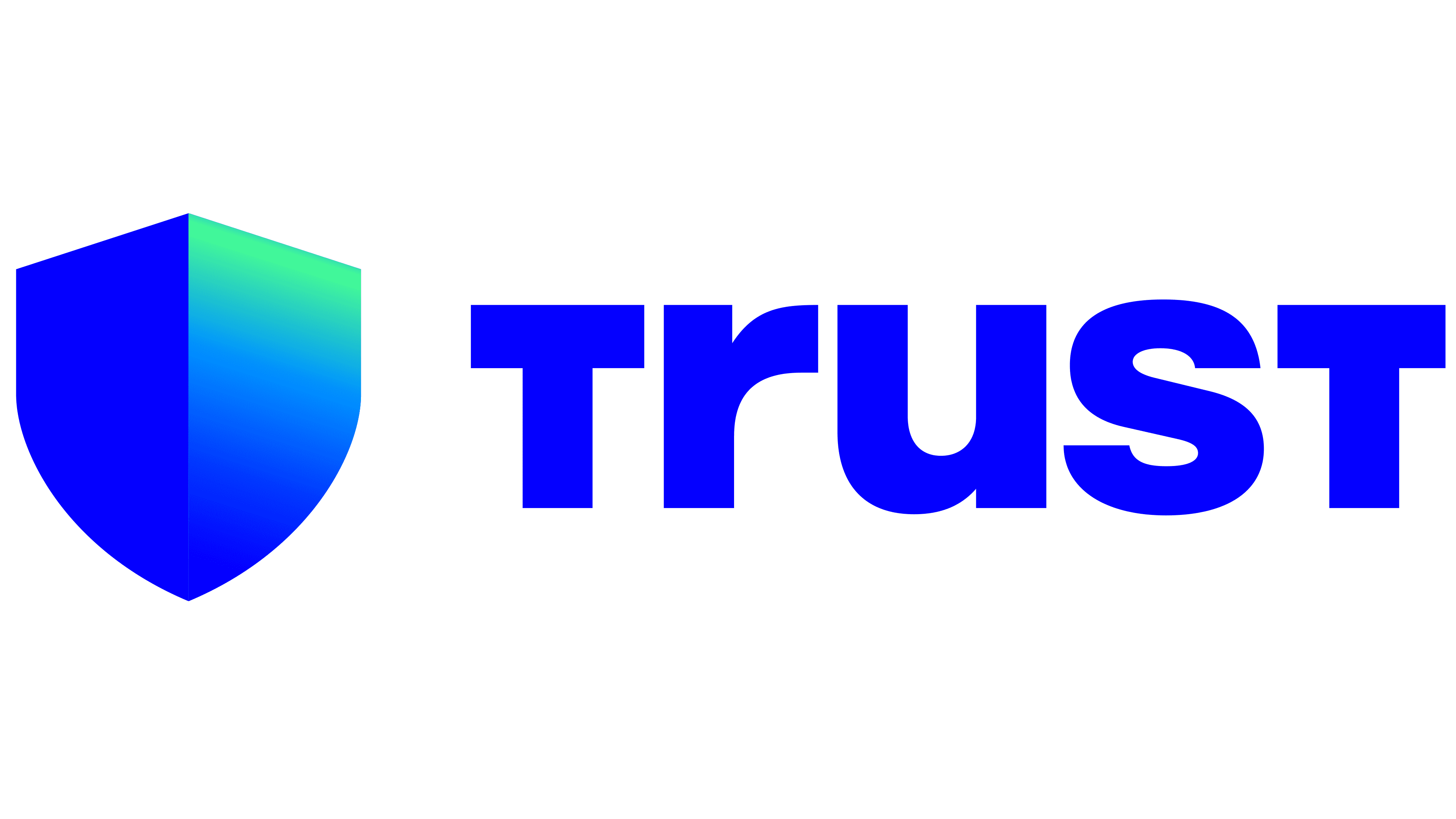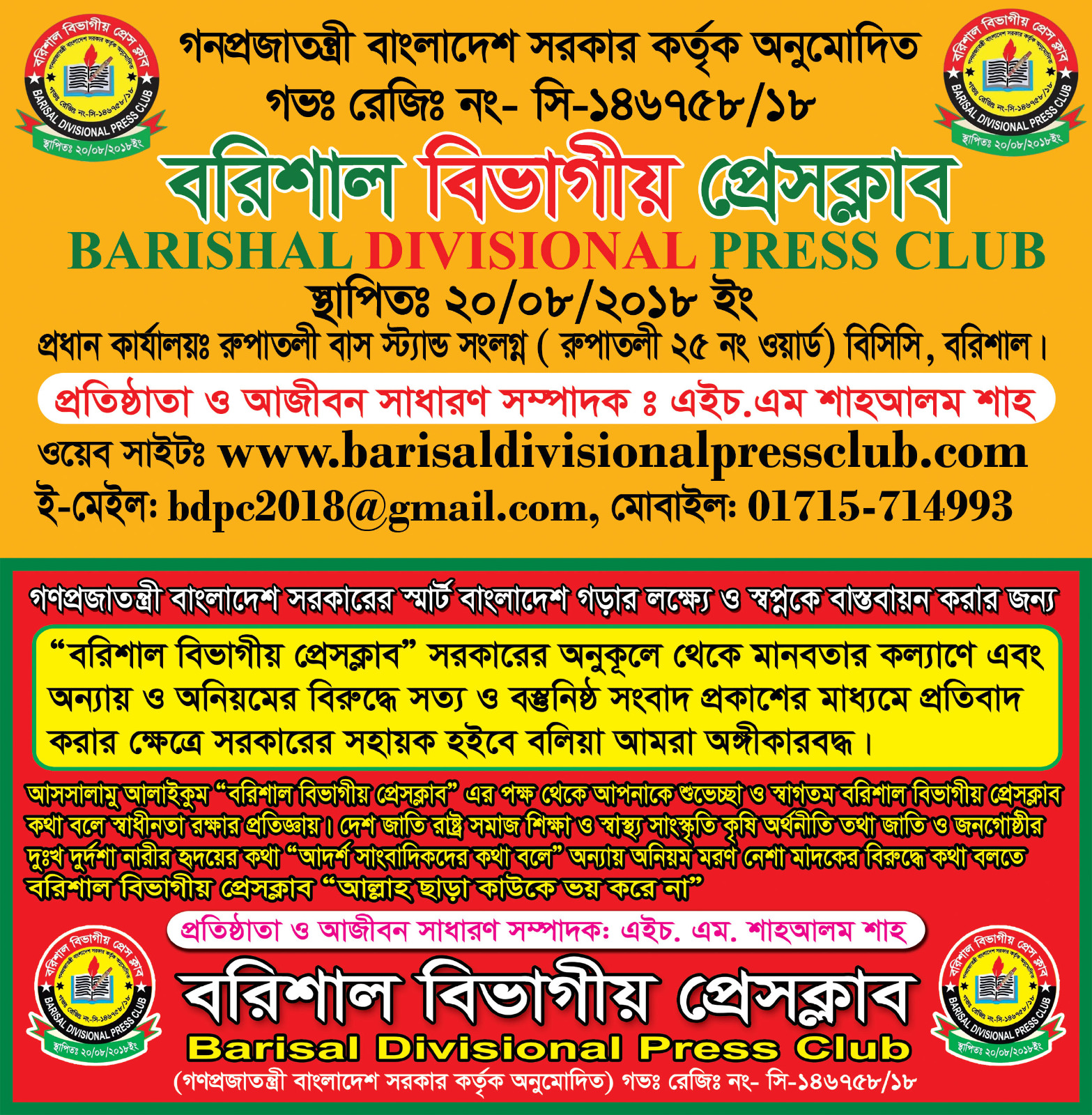So I was thinking about how many crypto wallets claim to be all-in-one solutions these days. Seriously? It’s like every other app promises seamless DeFi access with multi-chain support, but then you dig deeper and realize things aren’t quite that smooth. My instinct said, “Hmm, something felt off about the usability and security.” And honestly, that’s where trust wallet comes into the conversation for me.
Why? Because juggling multiple blockchains while keeping your seed phrase safe is no joke. Most folks just want a wallet that doesn’t make them feel like they’re defusing a bomb every time they move assets around. Wow! That’s a high bar, but it’s what really separates the pros from the amateurs in this space.
Initially, I thought supporting multiple chains was just a matter of slapping on some integrations. Actually, wait—let me rephrase that. It’s way more nuanced. You need a wallet that not only recognizes different chains but also understands their unique quirks and security demands. Imagine trying to use Ethereum-based DeFi apps and then suddenly switching to Binance Smart Chain or Polygon without missing a beat. Sounds great on paper, but in practice, it often feels clunky or risky.
Here’s the thing. The seed phrase backup is your last line of defense. Lose it, and you’re basically toast. But storing it safely? That’s where a lot of people slip up. Honestly, I’ve seen too many horror stories where users write their seed phrase on a sticky note and then lose it in a move or worse, get hacked because it was stored digitally without proper encryption. Not cool.
Okay, so check this out—if you’re diving into DeFi, you’re probably managing multiple tokens across different chains. So having a reliable, user-friendly wallet that lets you access all those assets without a headache is very very important. And that’s exactly what makes trust wallet stand out, in my experience.
Now, I’m not gonna pretend it’s perfect. On one hand, it’s fantastic to have all your assets accessible under one roof, but on the other hand, the complexity can sometimes be overwhelming for newcomers. Though actually, the way the wallet handles seed phrase backup is pretty intuitive, which helps mitigate some of that stress.
When I first started with DeFi, I was all about convenience. But then I realized convenience without solid security is just a disaster waiting to happen. You get that uneasy feeling in your gut — like, “Am I really safe here?” That’s why multi-chain wallets that also prioritize secure seed phrase management are game changers.
For instance, there’s a subtle difference between wallets that require you to manually confirm each transaction on each chain versus those that streamline the process while keeping you in control. Trust me, that balance is tricky. I’ve used some wallets where I felt like I was constantly clicking “approve” and “confirm,” which is exhausting and prone to mistakes.
So, yeah, having a wallet that supports seamless DeFi access across chains and keeps your seed phrase backup straightforward is rare but crucial. I’ve found that trust wallet nails this balance better than most. It’s not just about flashy features; it’s about practical, everyday usability that keeps your funds safe.
Here’s what bugs me about many multi-chain wallets: they sometimes try to be everything to everyone and end up being nothing really secure or simple. But with trust wallet, the focus on user empowerment through easy seed phrase backup and cross-chain DeFi access feels authentic. Plus, the community support and ongoing updates keep it relevant in a fast-evolving landscape.

Why Multi-Chain Support Isn’t Just a Buzzword
Okay, quick tangent—multi-chain support is often tossed around like it’s a checkbox. But think about it: each blockchain ecosystem has its own tokens, transaction fees, confirmation speeds, and even different wallet address formats sometimes. Wow, that’s a lot to handle under one hood.
When a wallet truly supports multiple chains, it means you can switch between Ethereum, Binance Smart Chain, Polygon, and more, without having to juggle separate wallets or lose track of your assets. This alone saves you from a ton of headaches and potential mistakes, especially when you’re deep into DeFi protocols that span multiple chains.
But here’s the catch—the wallet’s UI and UX have to make this feel natural. I’ve seen wallets where switching chains feels like a cryptic menu maze, which kills momentum and confidence. This is where trust wallet shines by keeping it intuitive and accessible even if you’re not a blockchain expert.
Seriously, the ability to access DeFi apps from within the wallet across different chains is a huge plus. You don’t have to constantly connect and disconnect from multiple platforms or worry about gas fees on a chain you’re less familiar with. It’s all there, in one place.
And the seed phrase backup feature? It’s not just about writing down 12 or 24 words and hoping for the best. Trust wallet guides you through the process with reminders and warnings that really hit home. I’ll be honest, that part bugs me in many wallets because they treat it like an afterthought.
Seed Phrase Backup: The Unsung Hero of Crypto Security
Okay, so you’ve got this multi-chain access sorted out. But what good is it if you lose your seed phrase? That phrase is your master key—no seed phrase, no access. It’s that simple. (Oh, and by the way, don’t store it on your phone’s notes app. Just don’t.)
Initially, I thought backing up a seed phrase was just a quick step during setup. But actually, it’s a process that deserves attention and respect. Trust wallet’s approach to seed phrase backup feels very deliberate—they encourage you to write it down offline, verify it, and keep it safe from prying eyes.
There’s a subtle psychology here too. When users understand the gravity of seed phrase security, they’re more likely to take appropriate precautions. I’ve always liked how trust wallet includes these nudges without sounding like a lecture—it’s more like a friend giving you a heads-up.
Plus, the wallet’s ability to restore your entire multi-chain portfolio purely from that seed phrase is mind-blowing. It’s like having a backup of your entire crypto life in just a few words. But that also means if someone else gets hold of those words, you’re toast. So yeah, it’s a double-edged sword.
My instinct says that wallets need to do even more in educating users about this risk while making the backup process as painless as possible. Trust wallet is on the right path here, but I wouldn’t be surprised if future versions add biometric or hardware-based layers to complement the seed phrase.
Accessing DeFi Without Losing Your Mind
Now, let’s talk DeFi access. The promise of decentralized finance is huge—anyone can lend, borrow, earn yields, or swap tokens without middlemen. But the reality? It can quickly become confusing, especially when you’re hopping across chains.
Trust wallet’s integration with popular DeFi apps lets you jump into this world with minimal friction. You don’t have to export keys, fiddle with browser extensions, or worry about compatibility issues. Honestly, that experience was a breath of fresh air compared to the patchwork setups I used before.
Here’s a little story—once, I tried moving assets between Ethereum and Binance Smart Chain using separate wallets and ended up losing track of a small batch of tokens due to a failed transfer. Yeah, that stung. With trust wallet, those kinds of mistakes have become way less common because everything happens in one place, with clear prompts and confirmations.
But, I gotta admit, sometimes the sheer volume of DeFi protocols available can be overwhelming. I don’t think any wallet can completely solve that yet—it’s partly on us users to know where to tread carefully. Still, having a trusted wallet that supports multiple chains and guides you through the process is a huge step forward.
So yeah, if you’re serious about DeFi and want a wallet that won’t make you want to pull your hair out each time you interact with a new chain or app, checking out trust wallet is a smart move.
Common Questions About Multi-Chain Wallets and Seed Phrase Backup
Is it safe to use one wallet for multiple blockchains?
Generally, yes—as long as the wallet is reputable and properly manages keys and seed phrases. Multi-chain wallets like trust wallet store your keys securely and let you access different networks without juggling multiple wallets, which reduces human error.
What’s the best way to back up my seed phrase?
Write it down on paper and store it somewhere safe—think a fireproof safe or a secure location only you can access. Avoid digital copies unless they’re encrypted offline. Trust wallet emphasizes this process during setup to help you avoid common pitfalls.
Can I recover my entire multi-chain portfolio with just the seed phrase?
Yes! That’s the beauty and risk of seed phrases. Your seed phrase is a master key that can restore access to all your assets across supported chains within the wallet. Just keep it secure and private.
How does trust wallet make DeFi access easier?
By integrating popular DeFi apps and supporting multiple blockchains seamlessly, trust wallet allows you to interact with lending, swapping, and yield farming protocols without leaving the app or worrying about compatibility.

